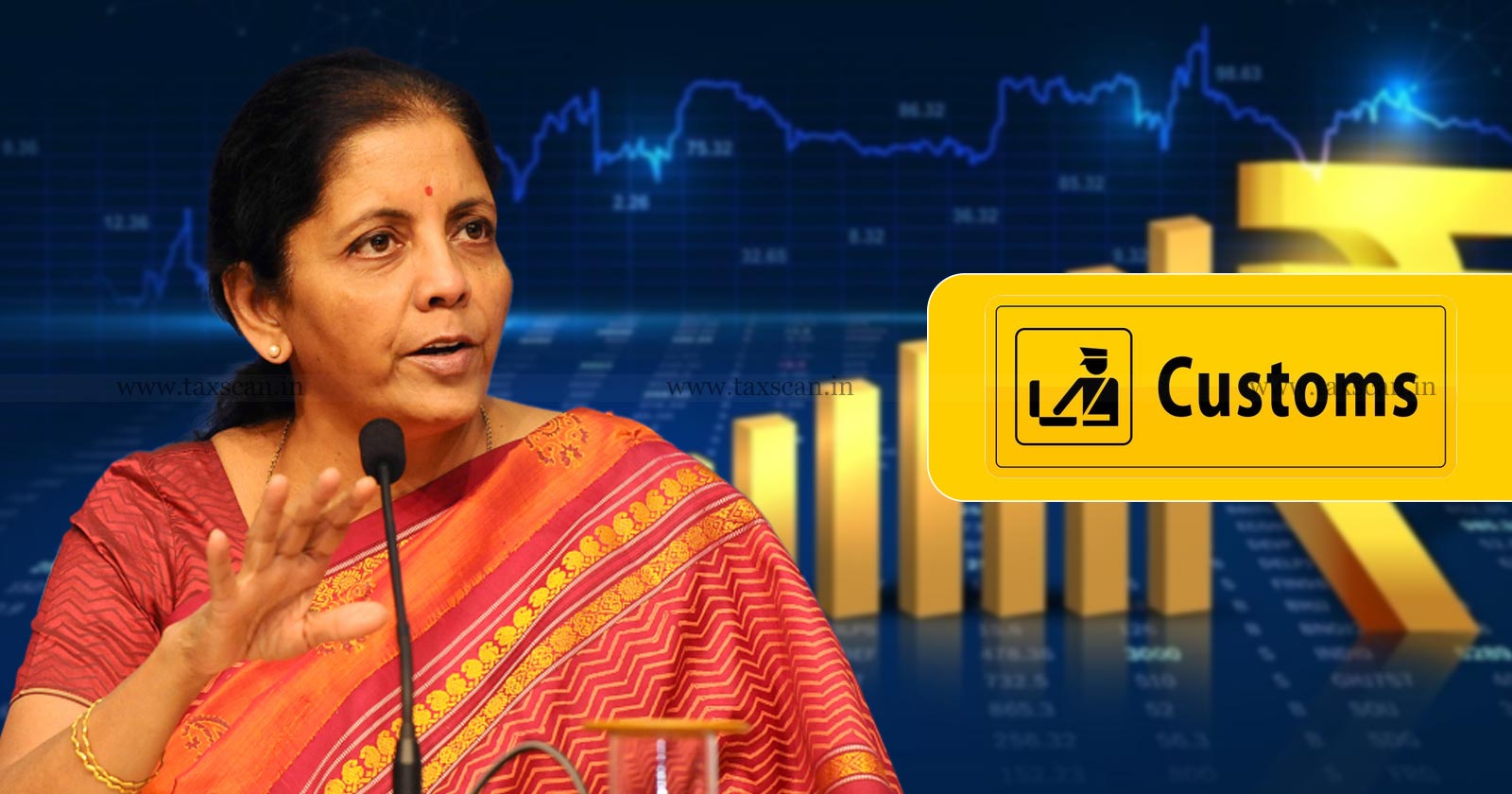Union Budget 2023: Key Changes to the Customs Duty Regime [Read Finance Bill]

Union Budget 2023 – Union Budget – Key Changes – Customs Duty – budget 2023 – budget 2023 live – union budget 2023 – nirmala sitharaman budget – nirmala sitharaman union budget – nirmala sitharaman – taxscan
Union Budget 2023 – Union Budget – Key Changes – Customs Duty – budget 2023 – budget 2023 live – union budget 2023 – nirmala sitharaman budget – nirmala sitharaman union budget – nirmala sitharaman – taxscan
The Union Budget Speech 2023 was presented by the Finance Minister Nirmala Sitaraman today. Many changes, including exemptions and reductions were proposed in the Customs Tariff Rates, in an attempt to curb inflation.
Minor changes that were introduced to the Customs duties and Indirect taxes include GST-Excise duty exemptions to compressed biogas and E-Vehicles, along with Customs Duty exemptions for imports of mobile phone accessories and Televisions.
The Finance Bill of 2023 also proposed to reduce the Customs Duty Exemption to Crude Glycerine, Marine Products, Electric Kitchen Chimney, seeds used for manufacture of diamonds.
In addition to laying out the proposal to increase the custom duty on cigarettes by 16 percent, the Finance Minister, aiming to promote value addition in the manufacturing of Televisions, proposed to reduce the Basic Customs Duty on parts of open cells of TV panels to 2.5%.
Through the Budget 2023, the government also plans to reduce customs duty on shrimp feed to promote exports.
The basic import duty on compounded rubber was also increased by 15%, reaching a new duty at 25% rate.
Basic customs duty has also been hiked for articles made from gold bars.
The Customs duty on kitchen electric chimneys have also been increased to 15 percent from 7.5 percent.
The Government further laid down the proposal to reduce customs duty on import of certain inputs for mobile phone manufacturing.
Changes in customs duty, also known as tariffs, can have several effects on the economy:
Trade: An increase in customs duty can lead to a decrease in imports and an increase in domestic production. This can result in job creation in the domestic sector, but can also lead to higher prices for consumers.
Revenue: Changes in customs duty can result in an increase or decrease in government revenue, depending on the direction of the change.
Inflation: An increase in customs duty can lead to inflation, as the cost of imported goods increases.
Competitiveness: Changes in customs duty can affect the competitiveness of domestic firms, both positively and negatively, depending on the nature of the change and the industries affected.
Relationships with trading partners: Changes in customs duty can impact relationships with trading partners, particularly if the changes are perceived as protectionist measures.
To Read the full text of the Finance Bill 2023 CLICK HERE
Support our journalism by subscribing to Taxscan premium. Follow us on Telegram for quick updates


